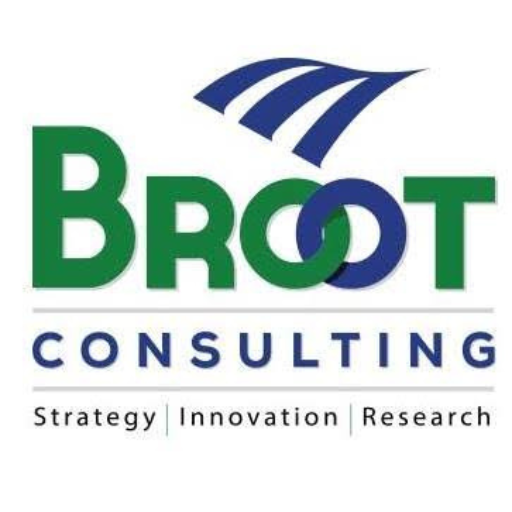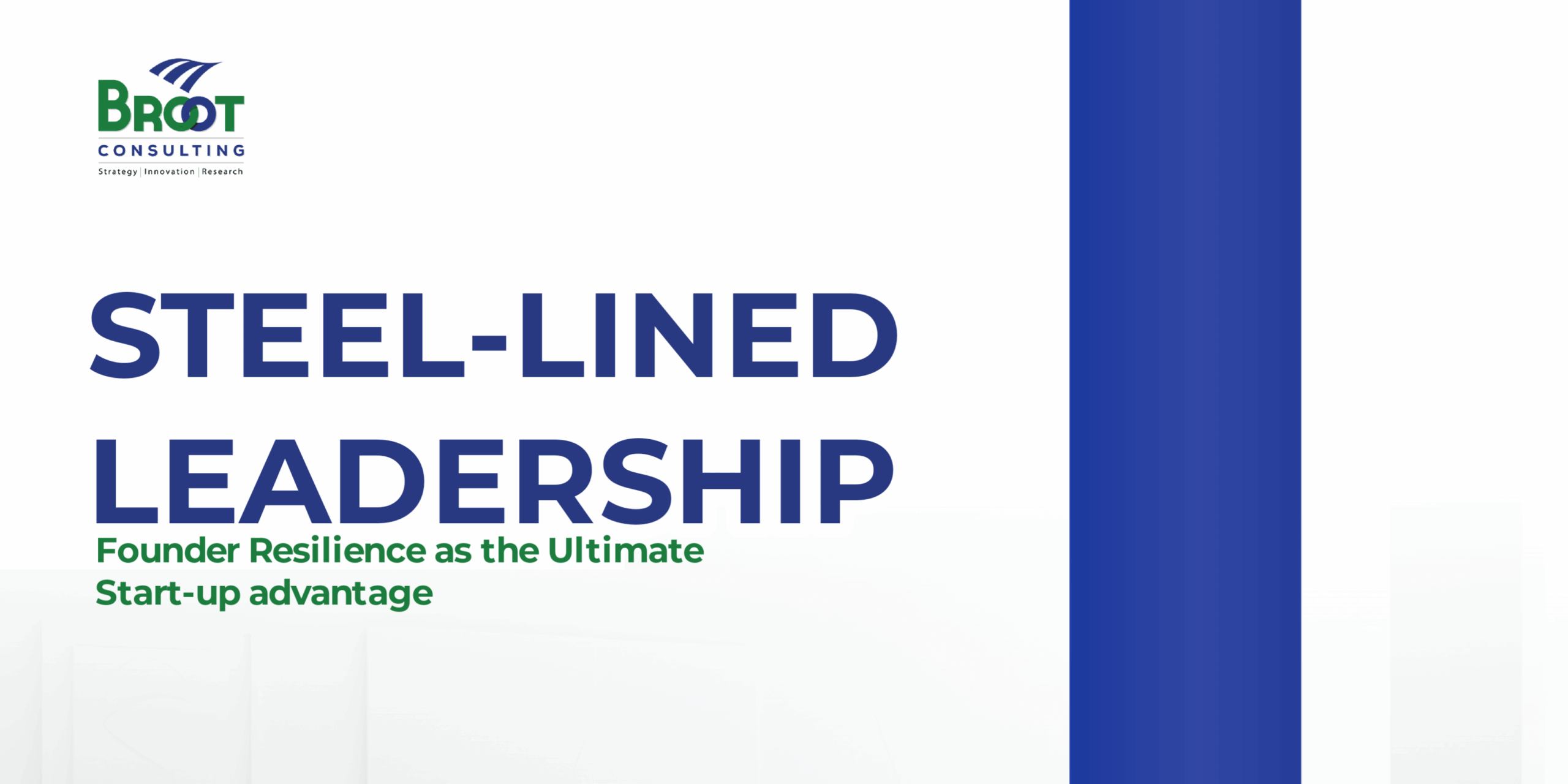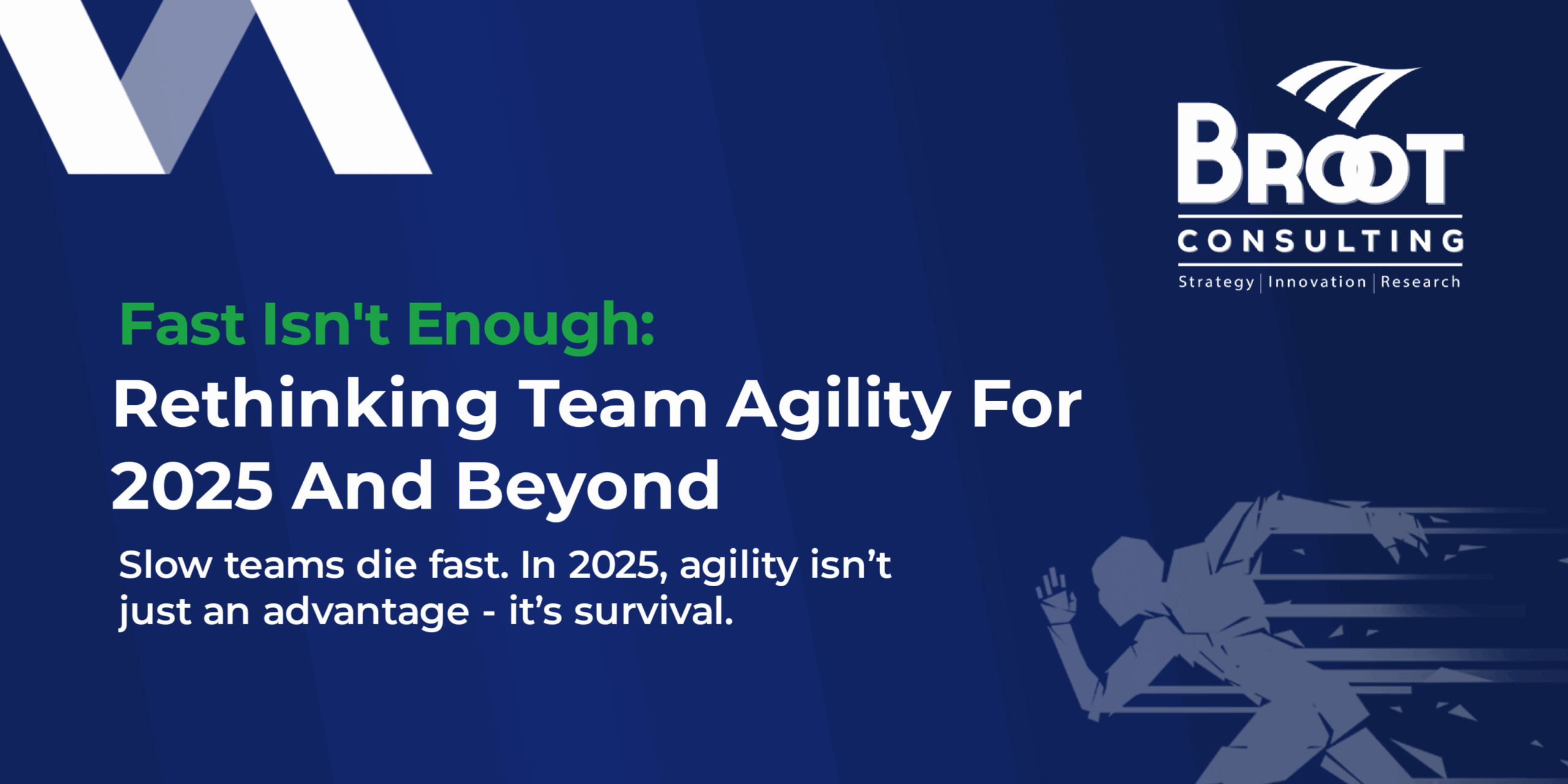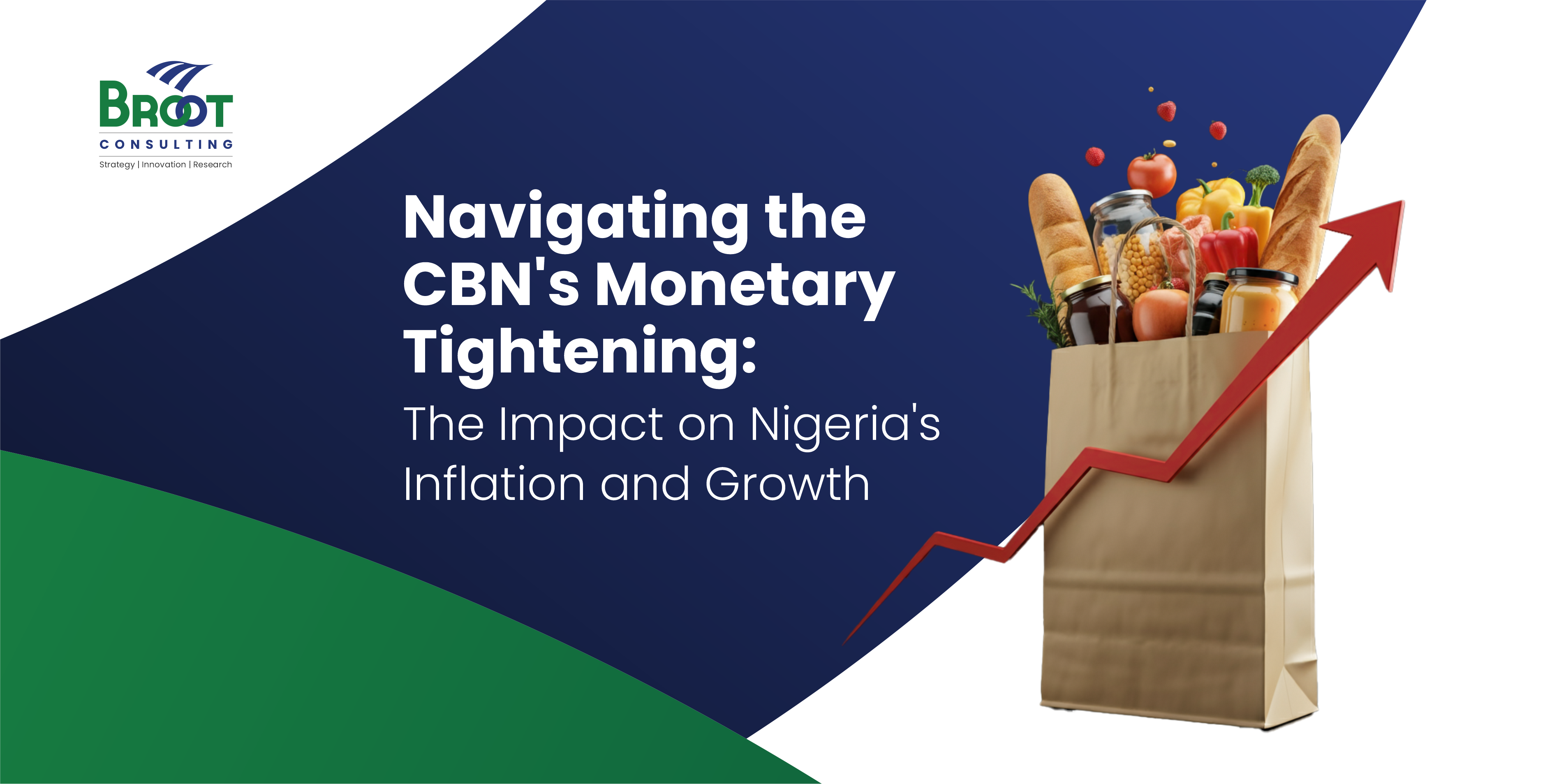“I want people around me who will tell me the truth, who will tell me the truth as they see it. You cannot effectively operate and manage if you have people around you who put you on the pedestal and tell you everything you do is right because that, in practice, can’t be possible” – Harry Truman
You are the boss, your lieutenants celebrate you and agree with you all the time. It sure makes you feel good. However, there is that man or woman who recently joined your team, he or she is a non-conformist and continuously challenge your views, assumptions, logic and decision. Wouldn’t the sight of such person naturally turn your stomach? What name will you call the person? The opponent, critic, dissent, rebel or even enemy? Accommodating critical and opposing views seem unnatural with us especially for anyone that occupies the position of influence and affluence. Dominant positions bring the temptation of considering oneself as “the smartest of the rest”. Powerful positions attract different people, especially the hangers-on who are skilful in the art of praise-singing, ego-massaging and deception. Because they understand the psychology of ego, they make you feel good all the time; they consistently agree with your views. Their praises probably give you an illusion of grandeur? Meanwhile, the critics of our decisions and actions give us a “taste of bile” in a jar of honey. It is for this reason that CEOs and leaders knowingly or unknowingly favour those who agree with them more often.
In the course of my career I have been fortunate to work directly with Five CEOs; each of them with a different approach to critical views. However, it was particularly exciting to work with one of these CEOs. I worked directly with him for ten years, and we achieved some remarkable feats. He saw my critical views as a great asset that is needed to realise his vision. He recognised that he is not smarter than his subordinates and that a good leader should be able to harvest divergent views and converge them for the good of all. He recognised that loyalty and praising-singing are good currencies, but they are not good enough to achieve radical innovation and growth. On several occasions, some of my colleagues and board members approached him to fire me because as the CEO he should not continue to tolerate my opposing views because to them it showed lack of respect for his highly exalted position. The established and the powerful tried to pitch me against him. They wanted to get him to silence my views and rubbish my ideas however as a leader blessed with wisdom; he recognised that sycophancy is not a sign of true loyalty.
Confronting the Yes-Man and Woman Culture
One of the most profound narratives that I found in respect of the critical importance of divergent view is in the Book, Why Great Leaders Don’t take yes for an Answer by Michael Roberto, he said “Many leaders transform normal hard-working people into yes-men by the climate they create. Powerful, popular, and highly successful leaders hear “yes” much too often, or they simply hear nothing when people mean “no”. In those situations, organisations may not only make poor choices, but they may find that some wrong choices go on unchallenged.”
Succinctly put, sycophancy, deception and bootlicking are products of your leadership style. The continued pursuit of this style does more harm than good and robs the opportunity to achieve remarkable growth. Let me quickly illustrate this with what happened at Ford Motors Company – The US Family business that became one of the three largest Motor Vehicle Manufacturer in the US and the Fifth largest vehicle manufacturing company in the world.
Allan Roger Mulally was appointed the President/CEO of Ford Motors Company on September 05, 2006. Before his appointment, he had never worked anywhere else but at The Boeing Company (the Aircraft Manufacturing Company) where he spent 37 years. In 1998 Roger rose to become the President/CEO of Boeing Commercial Airplanes (a division of The Boeing Company). Roger had his eyes on the Presidency/CEO of The Boeing Company (the parent company of Boeing Commercial Airplanes) after the forced resignations of Phil Condit in 2003 and Harry Stonecipher in 2005, but on the two occasions he lost out but remained with the company until he was appointed as the President/CEO of Ford Motors Company. Shortly before he was announced as Ford new CEO, Allan boasted and called his Lexus LS430 the ‘finest car in the world’. The statement was shocking because no one expected that a newly appointed executive would openly praise a competitor’s brand in the manner he did. Though he was criticised heavily. He, however, made his point; there are better cars out there than Ford!
Allan Brought in fresh perspectives that challenged the Yes-culture at Ford Motors. Although he’d never worked anywhere else or in the Automobile Industry, he, brought in new perspectives that turned around the fortune of Ford Motors. On resumption he observed the following culture at Ford: the management team was with bickering, unnecessary rivalry and silos mentality. There was a complete absence of candour; employees were never frank in their discussions and information never flowed freely. There was a general fear in sharing bad news; therefore, there was a general cosmetic presentation of bad news, and solutions cleverly exaggerated. The past administration was utterly intolerant of excuses for a poor result; hence people were cowered. Therefore, certain things didn’t work.
Allan’s Strategy: An Unbiased Decision-making process
When Allan was hired, Ford Motors Company was on the brink of collapse; it recorded $15 billion loss in 2006 (the largest in the firm’s history), numerous plants were shut down, thousands of workers laid off and its assets mortgaged to secure $25 billion capital. Allan, a very blunt man, told American Auto giants that they had slowly started going out of business eighty years ago. During the American economic recession, the US Automakers approached the government for a bailout without which they projected that General Motors and Chrysler would go bankrupt and a loss of one million jobs will occur. However, the story was different at Ford, within two years of his appointment Allan had repositioned Ford Motors into profitability without the government bailout. By 2011, it profits before tax was more than $8 billion and it has never stopped to record profit and pay dividends since then.
What did Allan do differently?
He changed the way decisions were made and came up with a rule for collective responsibilities and accountabilities by:
- Creating a fresh and comfortable environment where everyone can air his or her opinions.
- Demanding rigorous debate on issues
- Making everyone understand that candid dialogue leads to quality decisions
- Encouraging constructive criticism
- Preaching and practising the principle of collective problem solving and shared accountability rather than compartmentalising of ideas and challenges.
Yes Culture: The Foundation of Organisational Evil
As a leader, are you tolerant of opposing views? Do you practice candour? How well do you resolve conflict in a way that it does not cause bad blood? Do you give room to test critical assumptions to achieve creative alternatives? Surrounding yourself with people that naturally agree with you is a recipe for failure, Yes-people serves no reasonable cause, they only cause division and pains, they are self-seeking and deceptive.
Here’s how to identify “Yes-people”:
- They are filled with inordinate ambition: they always have a hidden agenda which is to promote their interest through sycophancy.
- They are untruthful: they tell you what you want to hear. As a leader, you must recognise that most times, the most important things are not what is spoken but those things that are left unsaid by employees.
- They usually embrace conspiracy of silence: when they see issues that may hurt the organisation, they will look sideways, prefer not to rock the boat; therefore, indifference is their best strategy.
- They won’t challenge your position: to them, your words are like the law of “Medo-Persia” hence flattery is their primary tool.
- They are secretive: they are not the type that loves to bring up issues publicly. They like to meet you at the inner chamber after making an important decision has at the open meeting.
- Yes-people blindly carry out your instructions: They only like to do and even beyond what you ask them to do. They love to drop the boss’ name at every little opportunity.
- They are self-consuming: They are lost in themselves and never care about the interest of others.
- They never take responsibility: Yes- people always blame others for the outcome of any decision. They love pointing fingers and want others to look bad in your eyes.
Conclusion
The Yes-Boss culture is detrimental to the growth of any organisation, Barry Rand, CEO of AARP said: “If you have a yes-man working for you, one of you is redundant.” The best way to tackle the “yes culture” is to openly promote open dialogue and disagreement, institute an effective decision-making process that removes unnecessary bureaucracy, encourage a free flow of information among your team and never to discountenance the voice of the silent minority nor see critics as the enemy
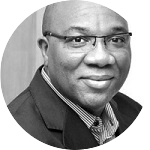 Olukunle A. Iyanda, PhD, FCA, MBA
Olukunle A. Iyanda, PhD, FCA, MBA
Founder/Chief Executive Officer, BROOT Consulting iyanda@brootc.com
